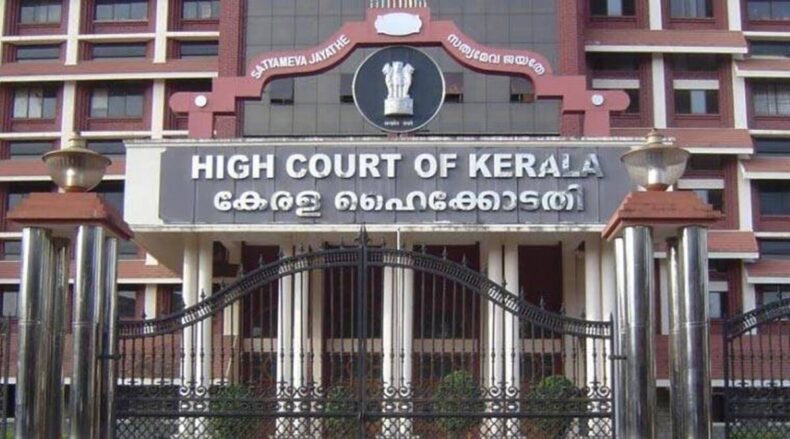The Kerala HC recently observed that “A medical professional cannot be held liable simply because things went wrong from mischance or misfortune.”
[Philip Thomas and Ors v State of Kerala Ors.]
The Kerala High Court recently held that a doctor cannot be held liable simply because things went wrong due to mischance or misfortune. He can only be held liable if the patient has died because of the direct result of the doctor’s actions.
Justice Kauser Edappagath observed that the death of every patient cannot be blamed on the doctor and be termed as medical negligence.

The Court explained that there needs to be sufficient evidence to accuse a medical professional of his act, leading to any kind of negligence. The death should be a ‘proximate’ or ‘direct’ result of the act, to be termed as negligent and an act leading to criminal liability.
It is pertinent to note that, a mere accident and untoward incident or an error of judgment cannot be termed negligence per se is what that Court said.
In the judgment stated, it was said that “A medical professional cannot be held liable simply because things went wrong from mischance or misfortune. A mere deviation from normal professional practice is not necessarily negligence. Nor could mere accident or untoward incident be termed negligence, also an error of judgment is not negligence per se.”

The judge highlighted the fact that doctors are volunteers of risk takers. They deal with the ‘most intricate, delicate, and complex machine on earth- the human body.”
It was observed that any medical intervention on such a ‘highly compound’ machine carries inherent risks and there are always high chances that the medical treatment does not go as it was planned.
The judge explained the times when circumstances go wrong. He said “When things go wrong, it is not always the fault of the doctor. A complication by itself does not constitute negligence. There is a big difference between an adverse or untoward event and negligence. However, there is a growing tendency to accuse the doctor of an adverse or untoward event.”
He further proceeded, imparting that while dealing with such cases of medical negligence, the court should observe and comprehend the balance between the doctor’s autonomy to judge the conditions of the patient, along with recognizing the complexity of the human body, the inexactness of medical science and scopes of inevitable errors that could take place while judging the condition of the patient.

The HC noted “However, while dealing with criminal prosecution for medical negligence, the trial courts often ignore these principles. The subject matter of these appeals is one such typical case.”
The Court clarified and emphasized the proof, or evidence while convicting a medical professional for medical negligence. The prosecution must prove culpable and gross negligence beyond a reasonable doubt.
The judge explained that the evidence should be sufficient enough to show that the doctor failed to do something which no ordinary medical professional would have failed to do.
The Court noted that there has been a growing tendency of medical practitioners to be accused by people after adverse and unfortunate incidents, causing professional and emotional damage to such medical practitioners.

“Nothing can be more professionally damaging and emotionally draining than being arrayed as an accused in any such action. A surgeon, under fear of facing criminal prosecution in the event of failure for whatever reason- whether due to his fault or not- cannot perform at his best,” the court stated.
The case witnessed the death of a 37-year-old lady, who died post a sterilization procedure by laparoscopy in the year 2006. After the surgery, she was put under oxygen due to respiratory complications. Though she was shifted to a different hospital for expert management, she passed away.
Her uncle filed a medical negligence case against the medical team, involved in the operation.
The lower court sentenced the accused to undergo simple imprisonment of one year, under section 304 of the IPC, and simple imprisonment of 3 months under section 201 of the IPC. This provoked the accused to approach the High Court.
The HC, after observing the material on record, concluded that the team of medical practitioners had done their best to save the life of the deceased, and there was no sufficient evidence to support the direct or proximate cause of death by.
The Court, therefore concluded that the case of medical negligence would not stand against the accused. Hence, the High Court set aside the trial court conviction in the case and acquitted the appellant-medical practitioners.
Read more: BOMBAY HC IMPOSES RS 3 LAKH COSTS ON LITIGANTS WHO TOOK ‘UNCONSCIONABLE AMOUNT’ OF THE COURT’S TIME













